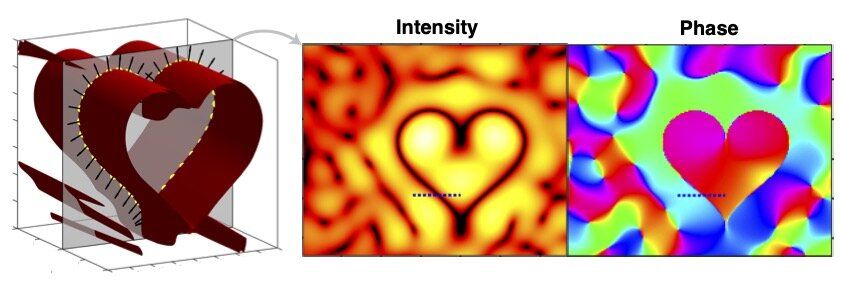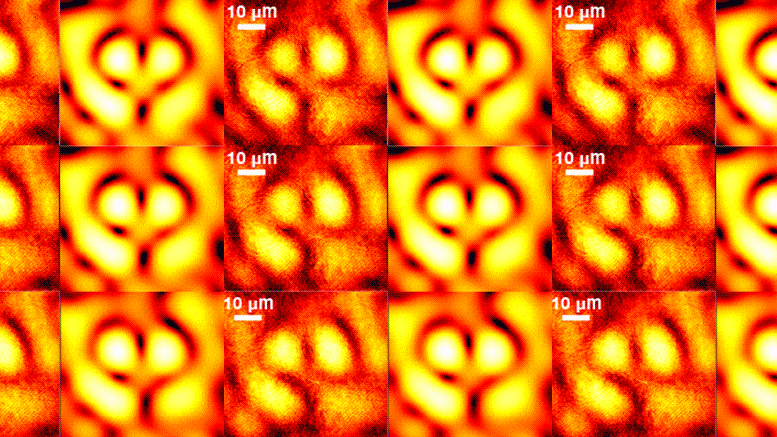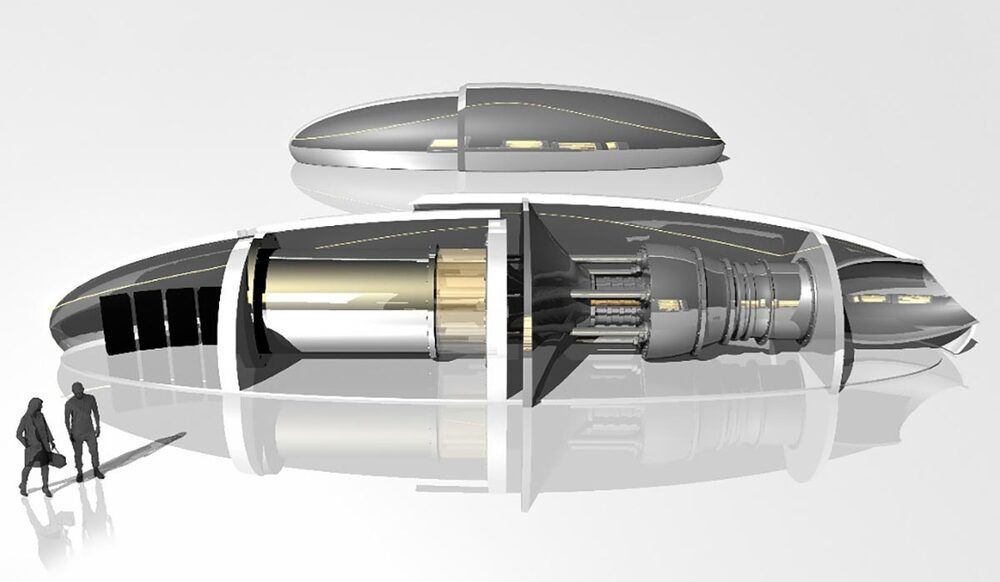You don’t need to be a roboticist to make Spot dance. Learn how Spot’s Choreographer software and athletic intelligence bridge the gap between the creative and the technical process. https://bit.ly/36xIbkA
Bringing It All Together
These different approaches to authoring dance sequences can be combined and layered in Choreographer to create the intricate results showcased in the “Spot’s On It” video. For example, in the “Ripples” sequence with seven Spots performing a wave-like dance, we used both animation and standard Choreographer workflows. We set the steps and body positions with stock move blocks, but wanted a more fluid effect in the arm motions. Animation allowed us to get precisely the desired arm movement, while the layering framework enabled us to combine the animated arm motion with the stock moves, resulting in the best of both worlds.
With these different design techniques in conjunction with Spot’s built-in athletic intelligence, it’s easy to create dances that look fluid and natural, without overtaxing either your choreographer or your robot. Learn more about the Choreographer software in our Developer Documentation or reach out to our sales team about getting started.






